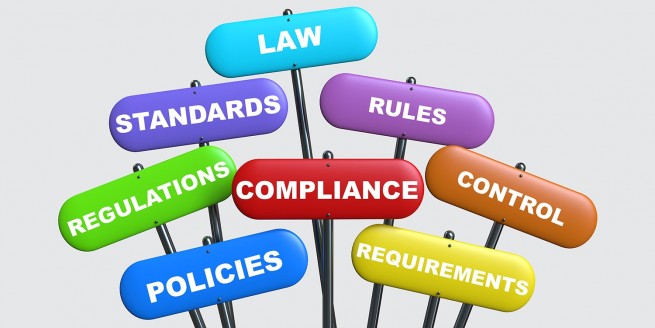
*Registration payment includes Credit Cards and Interfund Transfers ONLY.
This Lunch and Learn series is a monthly, 1-hour session which will educate clinical and leadership staff about clinical compliance concerns that could affect patient safety at the practices. This monthly series will be held on the third Wednesday of each month starting January 17, 2024 from 12 - 1 PM.
TIME and TOPICS
January 17, 2024
Session 1: OSHA is Here! No Need to Fear
The OSHA inspector is standing at your front desk. Does that create a knot in your stomach? Untie it! This course will prepare you to breeze through an inspection by providing a review of pertinent laws that impact outpatient care facilities. Requirements of the Bloodborne Pathogen standard, Hazard Communication and other pertinent regulations will be reviewed. The step-by-step process of an OSHA inspection will be discussed along with how to respond if citations/penalties are issued. It is possible to ‘never fear’ an OSHA inspection! Join us and we’ll show you how.
February 21, 2024
Session 2: Who’s on First: The Role of the Infection Control Coordinator
Now more than ever, safety is a hot topic! Patients are well informed about healthcare risks and workers expect a safe workplace. Incidents involving either can have a negative impact on reputation and finances. This session will provide insight on the selection of an infection control coordinator, development of an infection prevention plan and creating safety policies and procedures. Pertinent regulations addressing worker safety and guidance from other relevant
organizations will be reviewed.
March 20, 2024
Session 3:TIME OUT!! Management of a Blood Exposure
An exposure to blood or certain body fluids should be considered an emergency with very clearly defined steps in place to evaluate the exposed employee and the source patient. This session will discuss actions required by the Bloodborne Pathogen Standard to ensure the employee receives the best possible follow-up after this event.
April 17, 2024
Session 4: No Wet Packages: Instrument Processing Done Correctly and Efficiently
Isn't it frustrating when you realize your packages are wet at the end of a sterilization cycle? You are not alone! Correct instrument processing is a top priority for every practice and an efficient process will save you time and money! This fast-paced course answers the most common questions about instrument processing and provides a clear, 4-step process to ensure your instruments are readily available and safe for patient use.
May 15, 2024
Session 5: One Needle, One Syringe: Safe Injection Practices
As defined by the World Health Organization, a safe injection does not harm the recipient, does not expose the provider to any avoidable risks and does not result in waste that is dangerous for the community. Think about how many injections are provided each day in your practice? Are you aware of the clearly established criteria to reduce the risk of infection or a non-infectious adverse event? This session will examine cases where patient harm was associated with unsafe injection practices AND provide recommendations to ensure you and the patient are safe when providing parenteral medications.
Speaker:
Karen Gregory, RN, CDIPC
CE Information:
1.0 Contact Hour/0.1 CEU per session attended. Participants must attend the session in full to receive full CE credit.
Participants can earn up to 5.0 Contact Hours / 0.5 CEUs for the entire series.
Live Webinar Information
This Live Webinar will be broadcast with Zoom. Instructions to join the Live Webinar will be emailed prior to the event. You can test your computer by going to the Zoom Test Page
Registering for and attending a South Piedmont AHEC program authorizes South Piedmont AHEC to take audio, video, and/or still images to be used for promotional and educational purposes. If you have concerns, please speak with a South Piedmont AHEC team member.